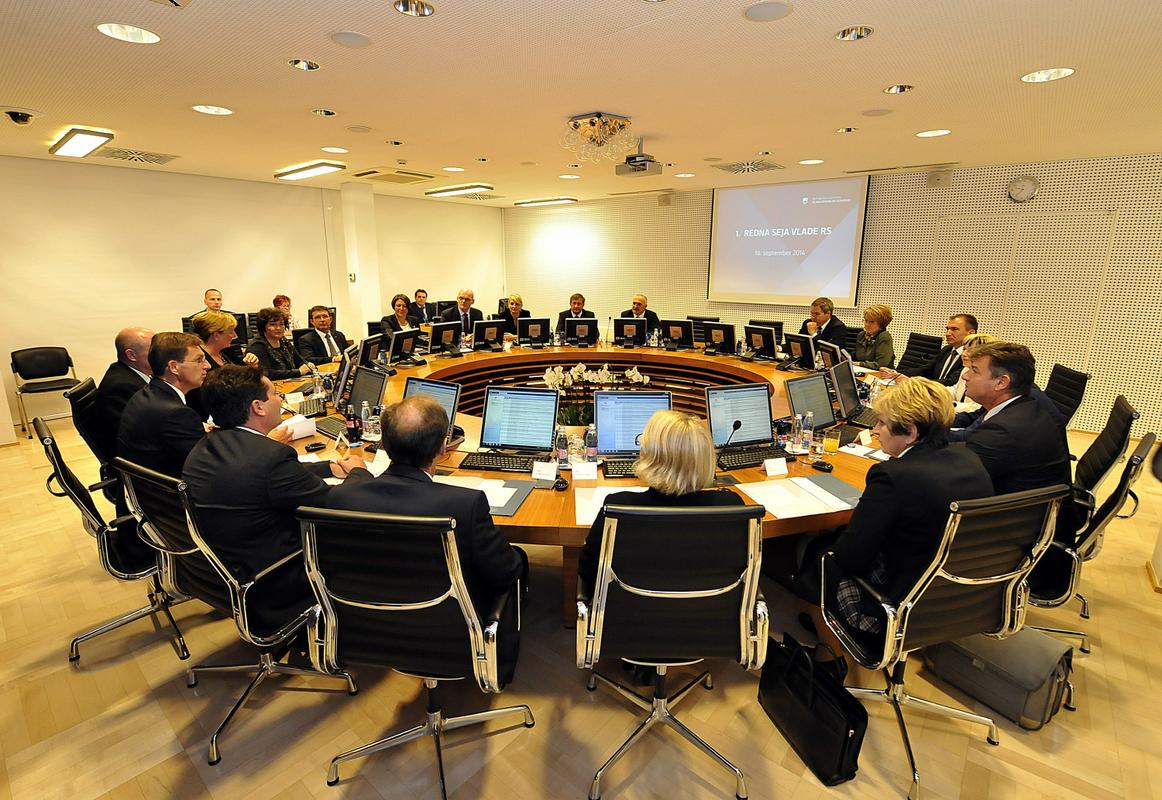
The only question is whether the new mandatary understands the urgent need for change in politics, and not only ethics in politics, and if he is brave enough to implement it
"Government consists of many individuals, most of whom are new in politics, therefore what they said at their presentations differed even from the facts written in the coalition agreement," said Tone Jerovšek, the university lecturer of constitutional law, and the former constitutional judge, in his interview for MMC. He believes the dissonance within the government will be eliminated "once the leaders of the parties prevail, or in other words once the common denominator is found".
Jerovšek does not dare to predict that Cerar will make a good conductor. "It will be of utmost importance, just like during the period of Golobič and Kresal, who will conduct the orchestra, and whether coalition colleagues Židan and Erjavec will show desire to conduct as well. That would be bad, as then no consistency in politics can be reached, as each one of them will try to have his way, and that would be the beginning of the end, as it has already been seen in our politics," Jerovšek remains cautious.
Mramor-Cerar coalition against Erjavec and Židan
At the same time he believes Mramor as the Minister of Finance will act as the most important link of the coalition, considering that he has announced difficult times, and rejected all the rumours about stopping privatisation. Based on the hearing, Jerovšek thinks Mramor gave the correct estimation of the society. "Our society is sick, economically speaking, and needs serious and responsible politicians, and adequate measures which can lead it forward. Perhaps a Cerar and Mramor 'coalition' could lead towards a relatively firm coalition, unless Erjavec and Židan show too much complacency," says Jerovšek, who concurs with the thesis that Mramor most certainly is the first fiddle of the Cerar government. The return of Klemenič came as a surprise to Jerovšek, and it confirms the impression that quite a number of candidates for ministers of this new government result from time pressure.
Vidmar: Cerar won't be a good conductor
"A government consisting of mostly new, inexperienced faces, and old government hands – representing special interests, misguided projects as TEŠ 6, and other lobbies, with Erjavec leading the way – can only be out of tune," Igor Vidmar, the analyst and commentator of Studio City, is explicit. In his opinion Miro Cerar won't be a good conductor. "A lot depends on conductor if we expect a lot from the »new« government, and a little if we remain realistic. If he only plays the role of a protector of government morals within an immoral environment, created by the former governments with a part of the new one, he won't be a good conductor." Vidmar hopes that the return of Klemenčič into political sphere brings assurance of a firmer and more consistent counter corruption policy of the government as a whole, and within the (wider) department more money for economic prosecutors, criminologists, financial forensic specialists.
Corporate malversations must be prevented
Besides the previously mentioned priorities, the government must immediately start with prevention of »corporate« malversations – depletion of companies, consequent closure and the possibility of immediate setting up of new ones. Legal asset freeze of close relatives of white-collar criminals should be a priority.
On whose behalf will Cerar government rule?
It won't be the government of all of us, believes Igor Vidmar, but it will be "either a determined government of good workers regardless of their education, honest entrepreneurs, farmers, and cooperativism, encouraging revival of construction and wood industry, protection of environment, and the common good, including property, but also of correct non-speculative foreign investors, with fair social services, precarious workers – or it will be more like the former »stable« government obeying »advices« from Brussel and Frankfurt, with all kinds of privatisations and austerity measures". He continues that different politics is not only possible, but indispensable, considering the devastating legacy of former governments, and Brussels' politics directed against people. "The only question is whether the new mandatary understands the urgent need for change in politics, and not only ethics in politics, and if he is brave enough to implement it," Vidmar concludes.
Saša Banjanac Lubej
Translated by G. K.
The only question is whether the new mandatary understands the urgent need for change in politics, and not only ethics in politics, and if he is brave enough to implement it

































































